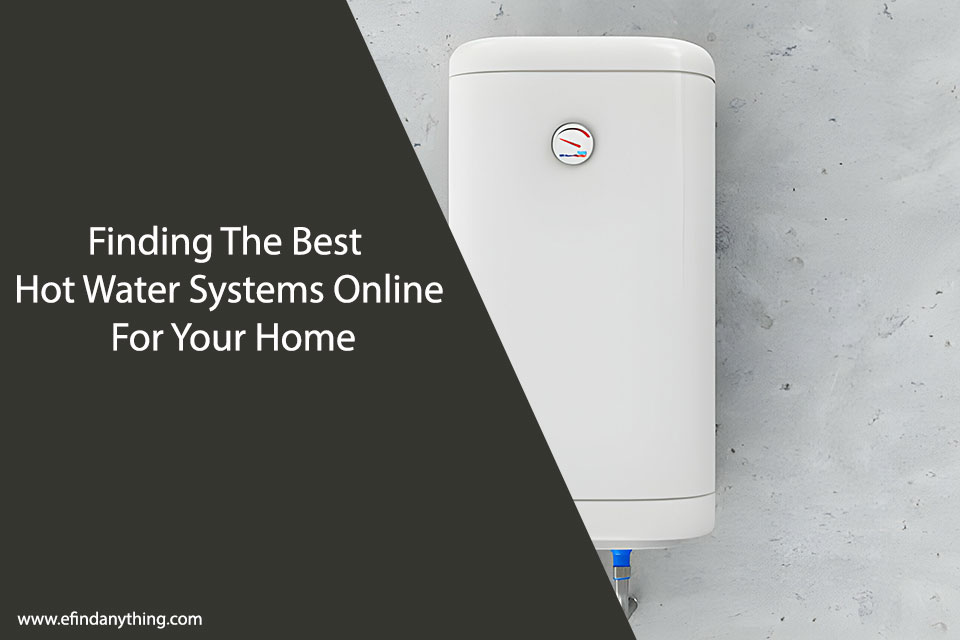
Investing in a hot water system is a major purchase that you’ll live with for years. With so many options for fuel sources, tank sizes, brands and features, making the best selection online poses a challenge. As per the experts like Same Day Hot Water Service, ultimately, picking the right Hot water systems online for your home depends on balancing your household’s needs, fuel availability, operating costs and upfront price.
Follow this guidance to narrow down the choices and identify the ideal system for reliable hot water delivery with efficiency and safety in mind.
Table of Contents
Determine Fuel Options
The first step is deciding which type of hot water system fuels suit your home requirements:
- Electric – Simple to install and economical to operate for low to medium use. Tank sizes of 50-80 gallons work for smaller households without extensive hot water needs.
- Natural Gas – Higher hot water output potential for bigger families, with relatively low operating costs. Requires gas lines and venting infrastructure.
- Propane – Useful for rural properties without natural gas access but high output hot water use desired. Operational costs fall in the middle between electric and natural gas.
Once you determine available and preferred fuel sources, you can zero in on appropriate hot water system product listings from there.
Calculate Needed Capacity
Consider your family’s peak hot water requirements to gauge the right tank size and heating elements. Factors like:
- Number of family members
- Number of bathrooms/showers running simultaneously
- Peak use times
- Future household growth plans
Give you the data to compute the total gallons per hour rate needed. Size up accordingly for your needs – too small causes lukewarm water, while oversized wastes money to heat excess volume. Talk to manufacturers to size units properly based on your demand.
Vet Brand Reputations Rigorously
Once you have fuel type and tank capacity requirements established, research brand options extensively before buying. Some aspects to compare:
- Years in business and warranty – Look for established companies that stand behind their products.
- Safety certifications – Verify certification by agencies like UL that oversee manufacturing quality controls.
- Efficiency ratings – Determine how cost effective models are to operate based on ratings like EF (energy factor).
- Reviews – Check credible home services sites for customer experiences with reliability, leaks, repairs and ease of installation.
Identify leading hot water system companies like Rheem, AO Smith, and Rinnai with reputations for quality and durability. Read fine print on warranty duration and coverage. While price matters, safety should take priority in your selection process.
Compare Retailer Offerings
The last piece involves comparing online retailer website offerings to locate your preferred make and model with the best terms. Check major home improvement websites alongside specialty appliance and plumbing parts sellers.
Aspects to weigh across merchants:
- Available brands, units and accessories
- Pricing and financing options
- Return policy if needed
- Delivery fees, areas and timing
- Professional installation offerings
Make sure to factor in not just unit cost, but expenses like delivery and installation too when comparing deals across retailers. Identify the one that brings best overall value.
Conclusion
Buying a hot water heater online allows convenience in selection and home delivery. But you must carefully balance your family’s requirements, operating budgets and safety priorities when making this major home system purchase. Follow the guidelines to identify the correctly sized, efficient and reliable model that aligns with your needs and resources for an informed purchase.





